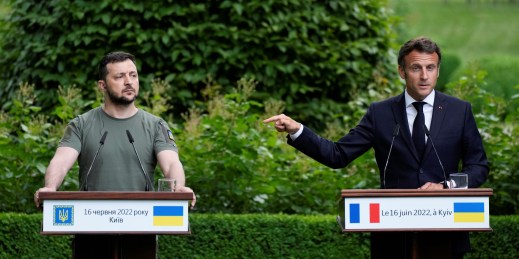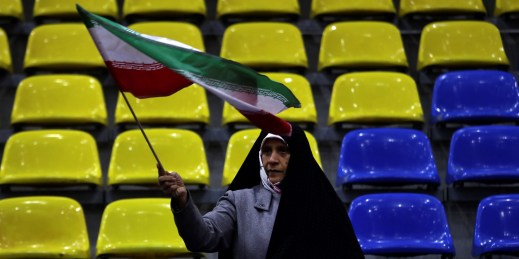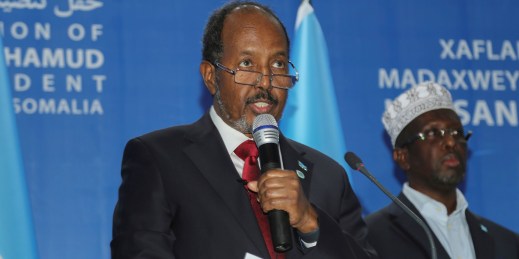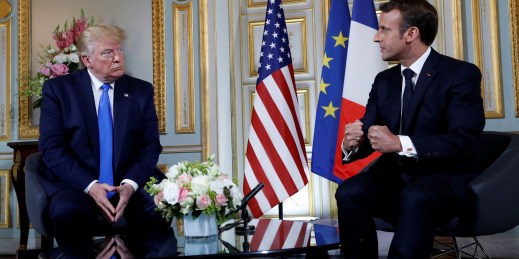Opinion Archive
Free Newsletter
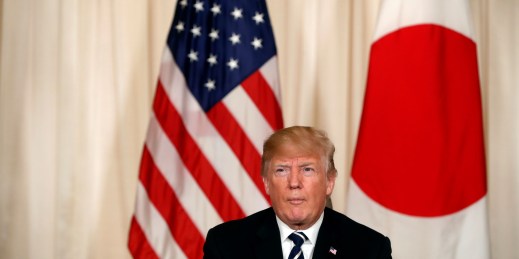
It’s common knowledge that the possibility of a second term for former U.S. President Donald Trump is sending shivers up the spines of Washington’s NATO allies. But the prospect of a second Trump presidency is also heightening anxieties among U.S. allies in Asia, which have also relied on U.S. security assurances for decades.
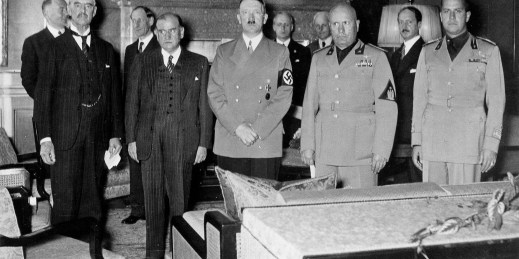
A recent spate of commentary has drawn the analogy between today’s regional conflicts and those of the 1930s that led to World War II, often as a cautionary tale for how to deal with contemporary international security dynamics. These analogies, however, misread the past, with potentially dangerous implications for the present.
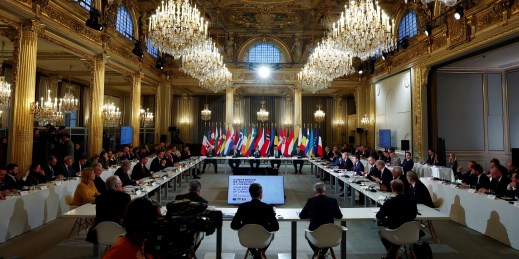
Recent developments in the U.S. have reinvigorated the debate over Europe’s ability to defend itself. Now, after having relied for decades on U.S. support while collectively free-riding on U.S. capabilities, Europeans will have to shoulder a much more significant burden in European security themselves in the foreseeable future.
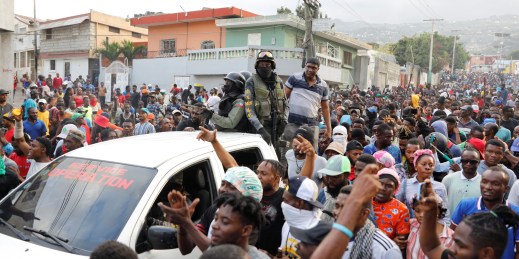
With no elected leadership currently in place, Haiti’s governance crisis would be helped by a new election to put in place a legitimate government that can begin solving the country’s challenges. It’s a simple recommendation that quickly becomes complicated by the country’s current situation as well as its recent and distant past.
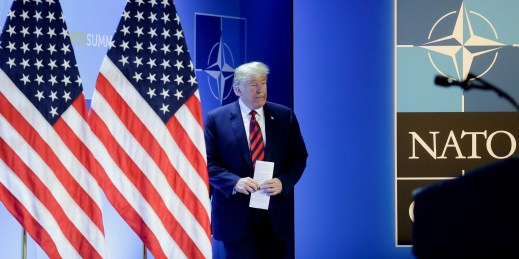
How durable are alliances? And how believable are alliance commitments? Stated differently, if the U.S. under Donald Trump or another president ends up being an unreliable ally when push comes to shove, would it be consistent with what we should have expected all along? It turns out these are surprisingly difficult questions to answer.
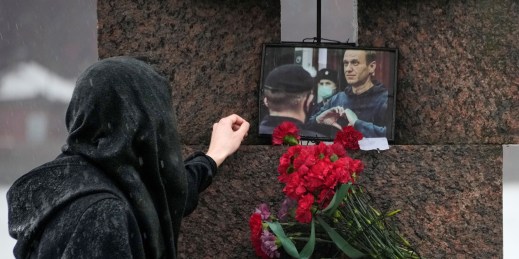
Alexei Navalny’s death last week fueled despair among dissidents and emigres struggling to break President Vladimir Putin’s grip on Russia. Now, unless other leading activists can move quickly to revive the remnants of Russia’s democratic opposition, their influence is likely to fade away for the foreseeable future.
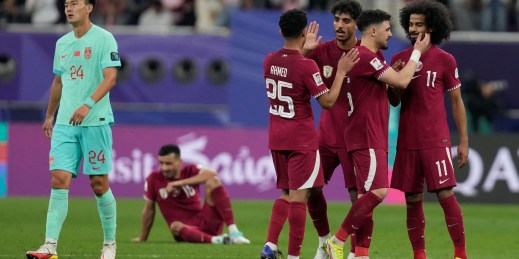
Two recent controversies drew attention to the malaise and frustration regarding the state of soccer in China. But the travails of Chinese soccer are also helpful as a prism for understanding how Xi’s leadership style helps spawn corruption-fueled boom-bust cycles in the economy and the crackdowns that inevitably follow.
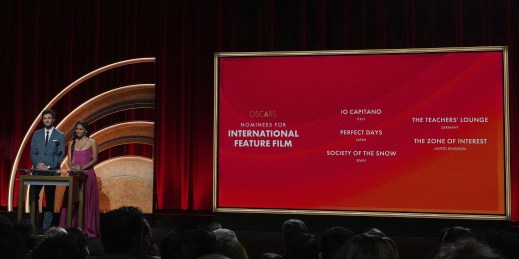
The Best International Feature Film category at the Academy Awards is supposed to help Hollywood forge closer ties with foreign film industries. But flaws in the category’s rules and process have not only have made it highly politicized and often unfair, but have also prevented it from fulfilling its purpose.
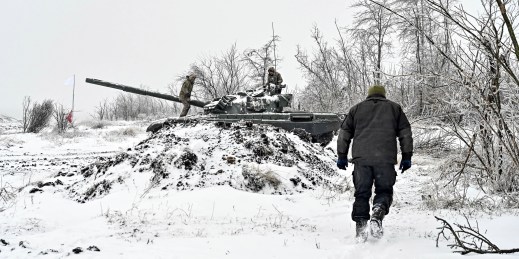
Nearly two years into Ukraine’s war with Russia, President Volodymyr Zelenskyy made a major change last week, replacing the commander of the Ukrainian military. While we do not know the exact reason for the change, it is also unsurprising—without a clear path to military victory, a rethink of Ukraine’s strategy is necessary.
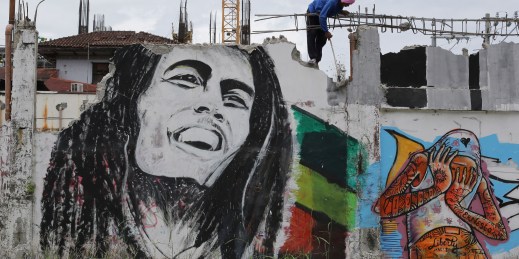
The release of the Bob Marley biopic, “One Love,” presents an opportunity to reexamine Marley’s broader intellectual legacy, which has important lessons for anyone interested in the politics of freedom movements and is of particular significance for observers and practitioners of international development.
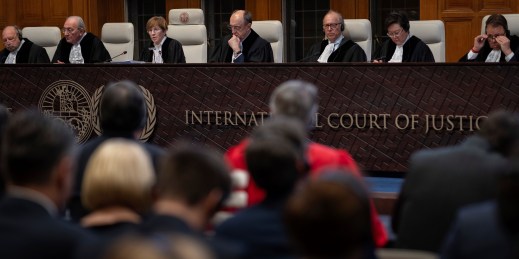
The International Court of Justice last week agreed to take up the question of whether Ukraine was committing genocide in the war against Russia. The ruling may have surprised some observers, but Ukraine actually asked the ICJ to rule on its own conduct in order to decisively repudiate Russia’s justification for invading.
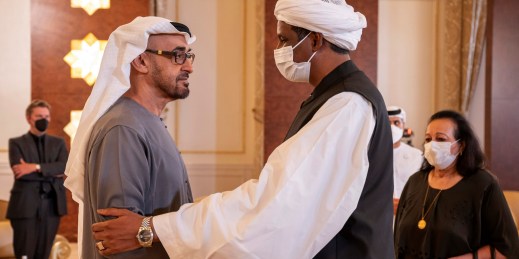
Relations between Sudan and the United Arab Emirates have deteriorated rapidly in recent months because of Abu Dhabi’s alleged support for the Rapid Support Forces, which remains at war with the military-led government. Now, Sudan has reestablished ties with Iran, the latest signal that the UAE’s stance has backfired.
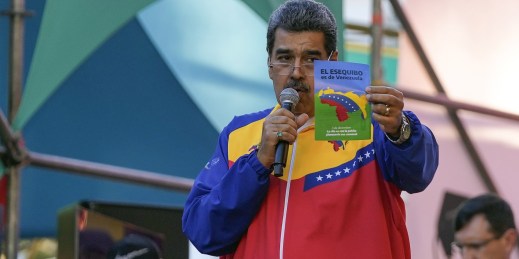
Venezuela is unlikely to invade Guyana and destined to lose if it does. So why is it building up troops on the border, in violation of the two sides’ agreement not to do so? At least part of the answer relates to another deal Caracas recently broke that was supposed to lead to internationally monitored elections later this year.

